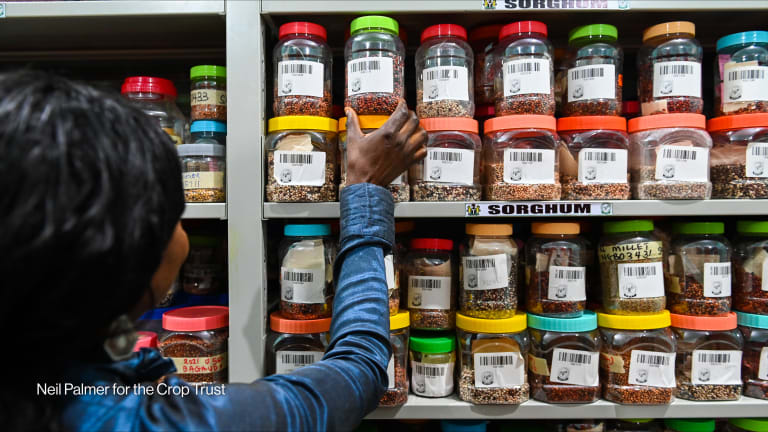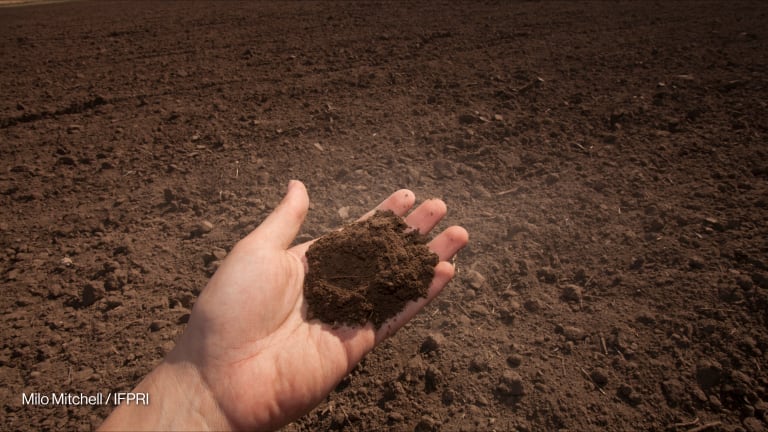The Vision for Adapted Crops and Soils, or VACS, is expanding to a new part of the world: the Pacific islands.
Led by the U.S. State Department, the initiative has focused on building resilient food systems through healthy soils and climate-resilient crops. It was first launched in Africa last February, followed by an expansion to Guatemala in March.
Now, the Pacific islands have been brought into the fold, backed by a $2.6 million investment from the United States and Australia.
Printing articles to share with others is a breach of our terms and conditions and copyright policy. Please use the sharing options on the left side of the article. Devex Pro members may share up to 10 articles per month using the Pro share tool ( ).








